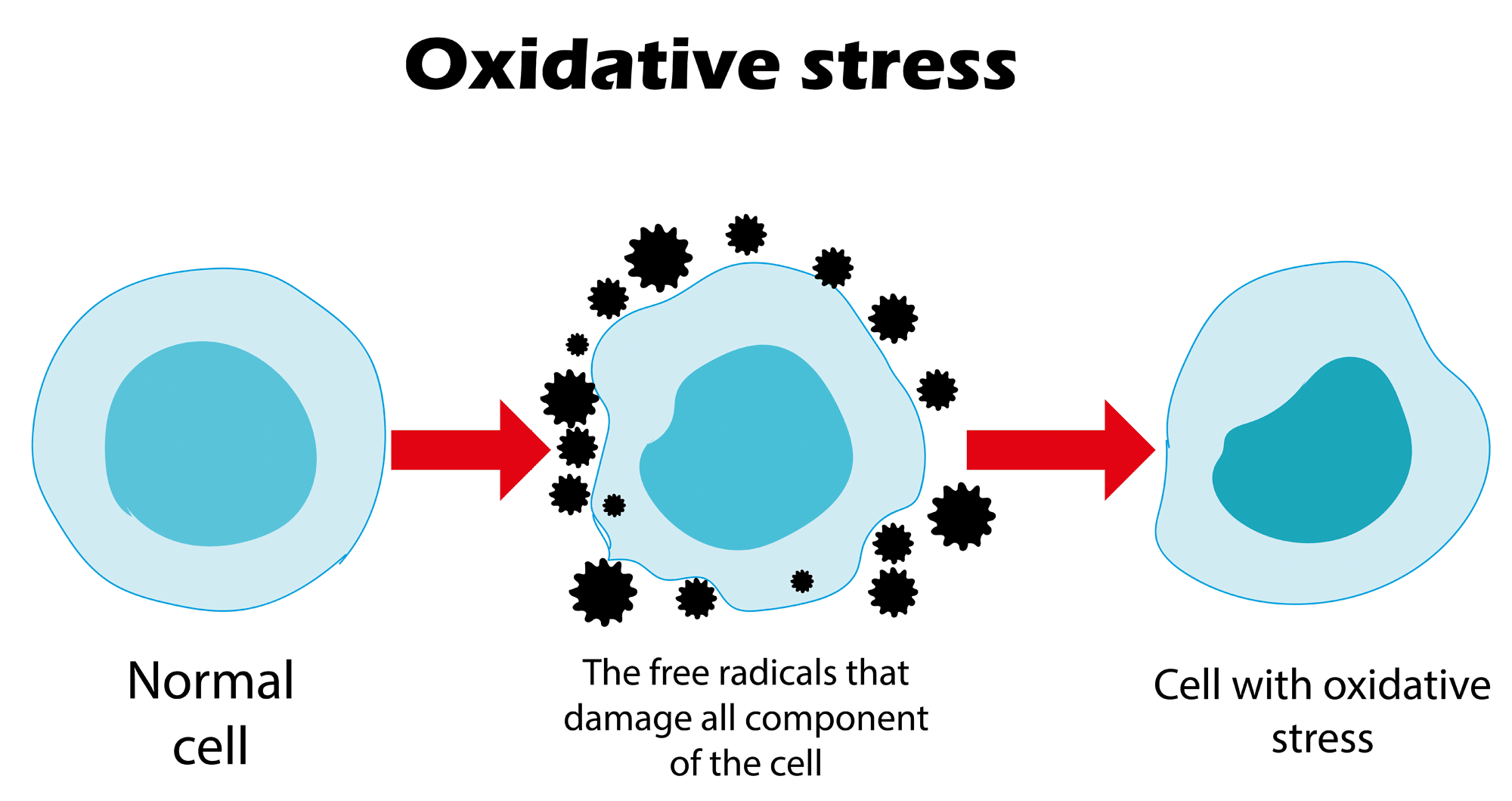Oxidative Stress What you need to know Biology Diagrams Oxidative stress on a cellular level affects the function of tissues and organs and eventually of the whole body. The Special Issue "Cellular Oxidative Stress" has been conceived to collect and contribute to the dissemination of novel findings unraveling the impact of oxidative stress on cells, their subcellular components, and biological macromolecules. Oxidative stress is when there is an imbalance between the production of free radicals and the body's ability to neutralize them. Oxidative stress is linked to several health conditions, such as cardiovascular disease, pulmonary disease , and neurological conditions. Effects of oxidative stress. One mechanism by which oxidative stress can harm the body is through chronic inflammation and subsequent cell damage. During oxidative stress, excess free radicals can

As stated before, if in excess, free radicals and oxidants give rise to a phenomenon known as oxidative stress; this is a harmful process that can negatively affect several cellular structures, such as membranes, lipids, proteins, lipoproteins, and deoxyribonucleic acid (DNA) [16-21]. Oxidative stress emerges when an imbalance exists between Oxidative stress is an imbalance of free radicals and antioxidants that leads to cell damage. It plays a role in many diseases like heart disease and cancer. Oxidative stress and related inflammation can affect your lungs and cause conditions like asthma or chronic obstructive pulmonary disease . Rheumatoid arthritis. The harmful effects of oxidative stress in COPD include excessive mucus, membrane damage, and lung cell death . It may start off a vicious cycle in COPD patients: oxidative stress causes inflammation, and inflammation, in turn, causes more oxidative stress [ 11 ].

Oxidative Stress: Causes, Symptoms & Treatment Biology Diagrams
The effects of oxidative stress depend upon the size of these changes, with a cell being able to overcome small perturbations and regain its original state. However, more severe oxidative stress can cause cell death, and even moderate oxidation can trigger apoptosis, while more intense stresses may cause necrosis. [24] Oxidative stress is a phenomenon caused by an imbalance between production and accumulation of oxygen reactive species (ROS) in cells and tissues and the ability of a biological system to detoxify these reactive products. ROS can play, and in fact they do it, several physiological roles (i.e., cell … Effects of oxidative stress on the body. Oxidation is a normal and necessary process that takes place in your body. Oxidative stress, on the other hand, occurs when there's an imbalance between

